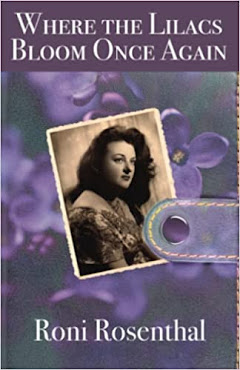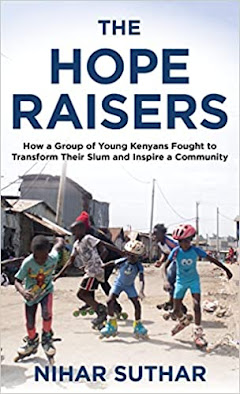Religion in the Muslim north revolves around (1.) a sick, prurient obsession with the female body under the cover of religious morality, (2.) exhibitionist displays of the rituals of religiosity, and (3.) identity politics without a care for ethical virtues, truth, honesty, and kindness.
You can lie, cheat, murder, rape, steal and generally be a monster of moral perversion and you won‘t attract the condemnation of self-appointed guardians of public religious morality as long as you observe the public rituals of religiosity and mouth off familiar, stereotyped religious idioms. And you can be the very apotheosis of justice, truth, probity, compassion, etc., but if you don’t “perform” religiosity through your sartorial choices and through your public utterances, you’re the devil himself. In other words, religion is more about form than content, more about appearance than substance, more about cold structures than essence, and more about public performance of group identity than about the internalization and performance of genuine morality and piety.
Every Muslim woman who falls short of the standards of sartorial modesty enshrined in Islam is invariably described as being “naked” and condemned as a “prostitute.” Such a woman’s moral character is irrelevant as long as she violates—or is thought to violate— this sacred sartorial code. But she can be morally debauched and be the proverb for cruelty, and she would be celebrated (or at least be allowed to live in peace) as long as she wears a hijab, knows her “place,” performs the identity rituals expected of her, and doesn’t make a public show of her debauchery. In other words, a Muslim woman’s entire worth is measured by her dressing.
The self-proclaimed male moral police who are fixated with what Muslim women wear and don’t wear won’t admit that if they, too, are judged by the standards and requirements of the religion they purport to defend they’d all come up short. All of us would. Most of them don’t lower their gaze when they encounter women, they patronize banks that traffic in riba, have pre- and extra-marital sexual liaisons, etc. What animates the sentiment that their own transgressions are more tolerable and more defensible than a Muslim woman's choice not to wear a hijab?
In fact, a two-term governor and serving senator from Yobe State was recently caught almost literally pants down—and with irrefutable video graphics corroboration, too— in a threesome with two “un-hijabed” girls in a cheap, grubby brothel. There was no outrage from the self-anointed moral police. On the contrary, most of them defended the senator’s right to privacy and cautioned against exposing a fellow Muslim to ridicule. Between being unclad in a hijab and engaging in adultery and being impenitent about it when caught, which is worthier of moral outrage?
Dr. Farooq Kperogi is a professor, journalist, newspaper columnist, author and blogger based in Greater Atlanta, USA. View complete profile.




















































.jpg)
































































No comments:
Post a Comment